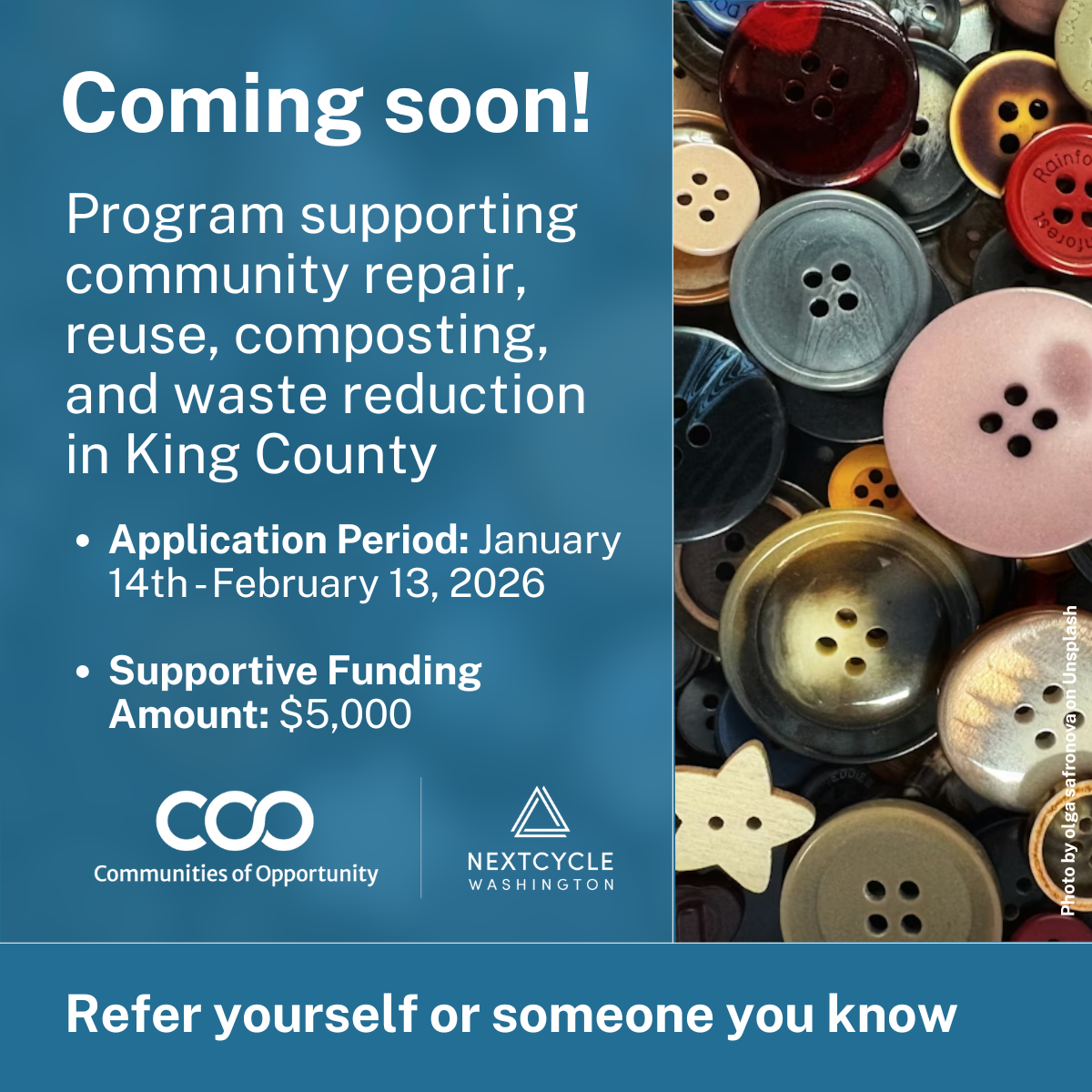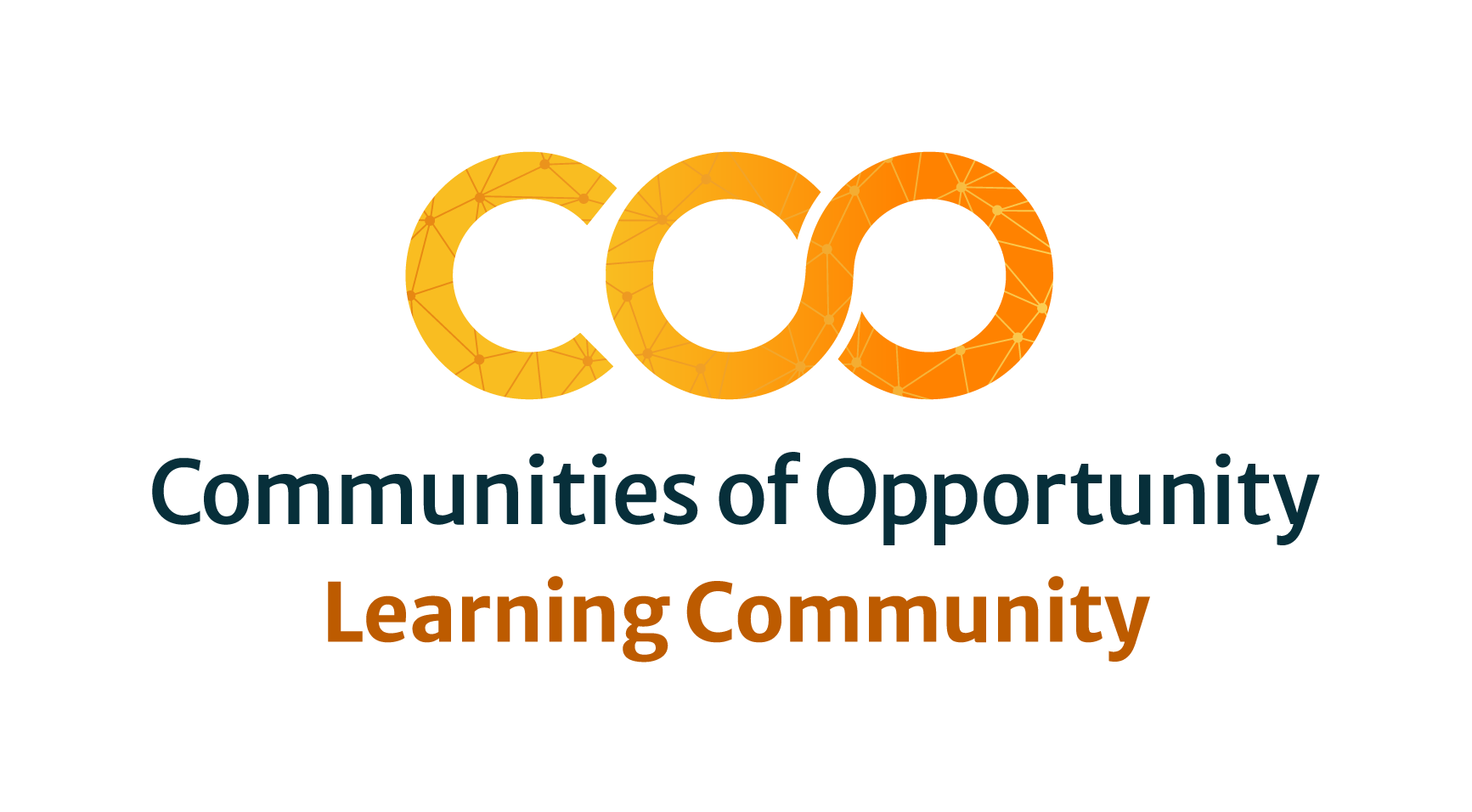En estos tiempos de creciente incertidumbre, le invitamos a acompañarnos a una capacitación de facilitación dividida en dos partes. Esta capacitación está diseñada para ofrecer herramientas que faciliten espacios adaptables, conectivos y creativos. Facilitación Creativa ofrece herramientas y marcos de facilitación significativos, que nos ayudan a alcanzar nuestros objetivos y generan un espacio para honrar nuestra humanidad.
Read MoreDue to its popularity and strong feedback, SMT is offering this intensive for the third time. The training consists of five sessions that cover the key elements of narrative, storytelling, and visuals, with a focus on activating sharing in an ethical, trauma-informed manner. It also includes topics like building an effective amplification network, partnering with micro-influencers, and the best combination of tools for documenting stories.
Read MoreThe Accounting and Business Consulting (ABC) Program, established by the City of Seattle’s Office of Economic Development, offers Seattle-based small businesses and entrepreneurs free consultations with Technical Assistance (TA) Providers also known as ABC Consultants, including Growing Contigo.
Read MoreA pilot program that offers skills, tools, guidance, and early funding to support projects focused on repair, reuse, composting, and keeping materials in use in King County. The program is designed to make it easier for more people to access and participate in what’s known as the circular economy. Applications open January 14!
Read MoreHave a question about financial planning, management, or reporting? Contact Coach Amy through the financial coaching hotline and get answers & resources for FREE!
Read MoreIn the wake of and in anticipation of Congressional investigations, expansion of the counter-terrorism framework through administrative measures, and attacks on nonprofits, the Charity & Security Network (C&SN) has developed and updated resources for the non-profit sector linked here.
Read MoreWe’ve compiled a list of opportunities for you to strengthen your knowledge of digital security and how to protect community data and your organizational infrastructure. You may also be able to get financial support for the sessions that charge a fee. Learn how!
Read MoreThe Washington Nonprofit Legal Checklist is intended to help nonprofits in Washington State avoid common legal risks and achieve better legal health. This is not legal advice, though the materials were created by the lawyers at Communities Rise.
Read MoreAn introductory toolkit for mutual aid organizing—from starting a group to sustaining it for the long haul
Read MoreThis program is ideal for: Anyone that is a part of movement work (activists, organizers, staff, etc.) that is ready to develop a stronger politic and take up practices of access and disability justice. General alignment with the 10 principles of Disability Justice.
Read MoreEconomics for Emancipation (E4E) is a seven-module introductory curriculum with interactive and participatory workshops. It offers a deep critical dive into the current political economic system, exploration of alternative economic systems, and dynamic tools to dream and build the economy that centers care, relationship, and liberation.
Read MoreReflections from the December All-Partner Convening - a day devoted to connection, learning, sharing, and restoration.
Read MoreWith the Commercial Affordability Summit convening, COO sought to share what we learned from the pilot project, which concluded in 2022, and provide a platform for learning about additional strategies, models and programs that are currently being designed and implemented in support of an equitable and thriving small businesses environment and greater economic justice.
Read MoreDPN has released three new policy kits on empowering tenants through increasing housing supply and enshrining tenant protections in state and local law. DPN has also released a Deliberative Democracy Processes policy kit, an open resource for legislators, advocates, journalists, and citizens to learn how states can utilize citizen deliberation models to break gridlock, reduce special-interest capture, and build consensus
Read MoreA recording of the recent Public Health Communication Collaborative webinar, Structural Racism and Public Health: How to Talk to Policymakers and Community Members, is now available. Presenters shared key research findings on framing policy and public-oriented communications about structural racism—an unjust system of laws, procedures, and beliefs that sustain racial and ethnic inequality—and public health
Read MoreThrough this program, New Growth Innovation Network (NGIN), and its partners will deliver meticulously crafted capacity building courses and tailored hands-on technical assistance to fortify partnerships. These offerings are rooted in the understanding that creating enduring partnerships between economic development organizations and community-based organizations are essential to achieving lasting, equitable, and inclusive economic development strategies and funding coalitions.
Read MoreCOO hosted a series of two workshops to learn tools and practices around financial planning and sustainability. These workshops offered case studies on how organizations are using financial information and long-range planning to make strategic decisions about their visionary work, and offered tools and strategies to create financially sustainable and health organizations.
Read MoreCommunities of Opportunity (COO) and Grow America (formerly National Development Council) hosted this 3 session Asset Management Training series for community-based organizations or individuals that own real estate, are developing a space to own, or considering ownership in the future.
Read MoreThe Social Change Ecosystem Map is a framework that can help individuals, networks, and organizations align with social change values, individual roles, and the broader ecosystem. It has two components: shared values embodied in the yellow circle in the middle; ten roles that people and organizations often show up in when they are participating in social change efforts.
Read MoreIndividuals in community-building and social movement work can experience experience difficult interpersonal conflict with comrades or colleagues, too. This workbook offers exercises for self and group exploration to build collective self-awareness and conflict resilience. These tools will help resolve interpersonal tensions and increase the capacity to work together to dismantle oppressive systems and create regenerative ones.
Read More














